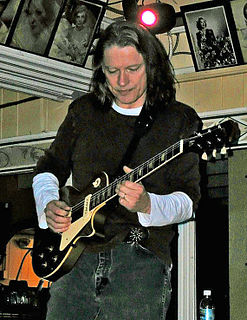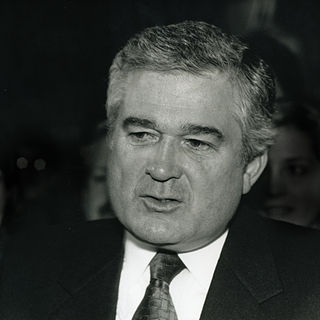A Quote by John Podesta
So I think it's important to communicate with the people in terms of what the real facts are on these proposals and try to have a discussion and a dialogue that gives people information. I think they're hungry for that rather than just political rhetoric.
Related Quotes
Most people think visual information is more important than aural information - like, what's this big deal about sound? And why should I bother to listen, rather than look? And here are the facts: there are blind species, in the backs of the caves, the bottoms of the oceans. It's not essential on planet Earth to be able to see, to be a species. But there are no deaf animal species. You have to be able to hear, or you won't get the information you need in order to survive.
The loss of seriousness seems to me to be, in effect, a loss of hope. I think that the thing that made people rise to real ambition, real gravity was the sense of posterity, for example - a word that I can remember hearing quite often when I was a child and I never hear anymore. People actually wanted to make the world good for people in generations that they would never see. It makes people think in very large terms to try to liberate women, for example, or to try to eliminate slavery.
I don't find a lot of people actually saying things through music any longer. They are not trying to say anything with their music, they just want to make money with it. I think it's important to actually say something real, something meaningful, rather than just write some trash and try to sell it.
Try to find someone with a sense of humor. That's an important thing to have because when you get into an argument, one of the best ways to diffuse it is to be funny. You don't want to hide away from a point, because some points are serious, but you'd rather have a discussion that was a discussion, rather than an argument.
I'm quite good at taking in information so I voraciously inhale Wikipedia - which may have some things wrong in it, but I think is generally more information than we had before. Last tour we didn't have Wikipedia. And then Discovery Channel and History Channel. I can take it in and retain what I think are the most important facts.
The songs themselves sometimes have messages and people can read into them different ways, but I try to use concerts as a way to gather people and then have information there. I think that's important to find that balance, a way to be able to turn people on to things at the shows, but also just have it be an entertainment experience for people who just want to hear music and dance and don't want the extra stuff.




































